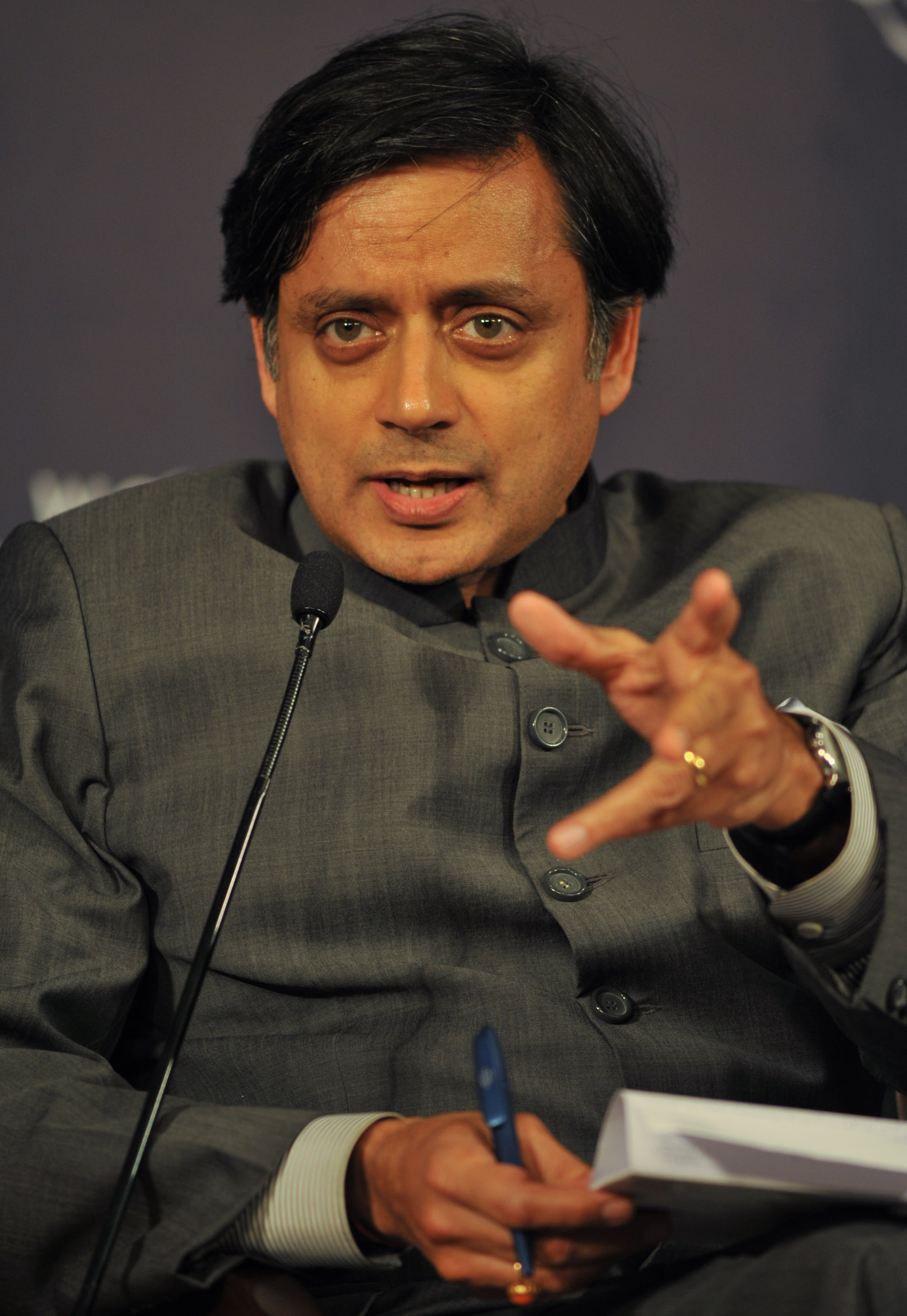
According to maritime analytics firm Kpler, India’s crude oil imports from Russia rose to about 1.8 million barrels per day in October, up roughly 250 000 bpd from the previous month, accounting for about 34 per cent of the country’s total imports. The firm characterised the US claim as more of a diplomatic pressure tactic than a function of observable supply-chain change.
Tharoor argued that India alone determines its energy import profile and should not have directives attributed to it externally. He contended that policy narratives emerging abroad, absent formal confirmation from Indian ministries, risk mischaracterising India’s position. “When someone says what we will do, it’s undermining our ability to make our own announcements,” he said during comments in New Delhi.
Trump’s remarks came during a press event in which he stated India would cease buying Russian crude and suggested Indian Prime Minister Narendra Modi had personally assured him of the change, calling it “a big step”. The Indian embassy in Washington did not immediately confirm the exchange. Trump acknowledged the transition would not be immediate, calling it “a little bit of a process”.
India’s adherence to Russian oil purchases has been defended by New Delhi as a matter of strategic energy security and price stability amid global supply-chain disruption. State sources have pointed to long-term contracts that cannot easily be amended, and discounted Russian grades that remain commercially compelling. As one government source put it: “These are long-term oil contracts; it is not so simple to just stop buying overnight.”
Trump’s broader strategy appears to tie Indian energy policy to a US-led campaign to isolate Russia economically and pressure Moscow to end the war in Ukraine. According to US media commentary, Trump threatened tariffs on countries that continue purchasing Russian oil and cited India’s purchases when imposing a 50 per cent tariff on some Indian goods this year.
Tharoor pointed out that energy policy is a function of domestic priorities and global market realities, and said the Indian government has always made clear that affordability and supply security drive its decisions. He said that external expectations or forecasts should not override those principles. Analysts note that India’s continuing purchases of Russian crude — even amidst heightened diplomatic pressure — reflect the economic and logistical challenges of switching suppliers while meeting demand.
The tension highlights a broader fault line in the relationship between the US and India, previously seen as converging on strategic and economic issues. The US push for India to diversify away from Russian oil intersects with India’s ambition to stabilise energy costs for its vast population and manage geopolitical relationships with Russia, the Middle East and the global market.
